Winter School 2023
The third winter school of the KnowGraphs takes place on March 7th–9th, 2023 in Vienna. Each KnowGraphs winter school is dedicated to both domain-based disciplinary training (such as data science, legal or health), and professional and complementary training. The third winter school serves as accelerator for specific sub-disciplines with a more detailed focus on the KnowGraph's Early Stage Researchers research problems.
Presentations
Symbolic Background Knowledge for Machine Learning
Presenter: Steffen Staab ✉
Abstract: Machine learning aims at learning complex functions from data. Very often, this challenge remains ill-defined given the available amount of data, however, background knowledge that is available as knowledge graphs, ontologies or symbolic (physical) equations allows for an improved specification of the targeted solution. In this talk, we want to discuss several use cases that include symbolic background knowledge as regularizing priors, as constraints or as other inductive biases into machine learning tasks.
Biography: Prof. Dr. Steffen Staab holds a Cyber Valley-endowed Chair for Analytic Computing at the University of Stuttgart. He is co-speaker of the Stuttgart Interchange Forum for Reflecting on Intelligent Systems (IRIS), co-speaker of the DFG Cluster of Excellence Data-integrated Simulation Science (SimTech) and director of the Industrial Data Lab, a collaboration with Bosch. Since 2015, Staab also holds a chair in Web and Computer Science at the University of Southampton. In 2023 Staab has co-founded the spin-off Semanux GmbH supporting a semantic user experience for users with permanent or temporary disabilities interacting with their computer.
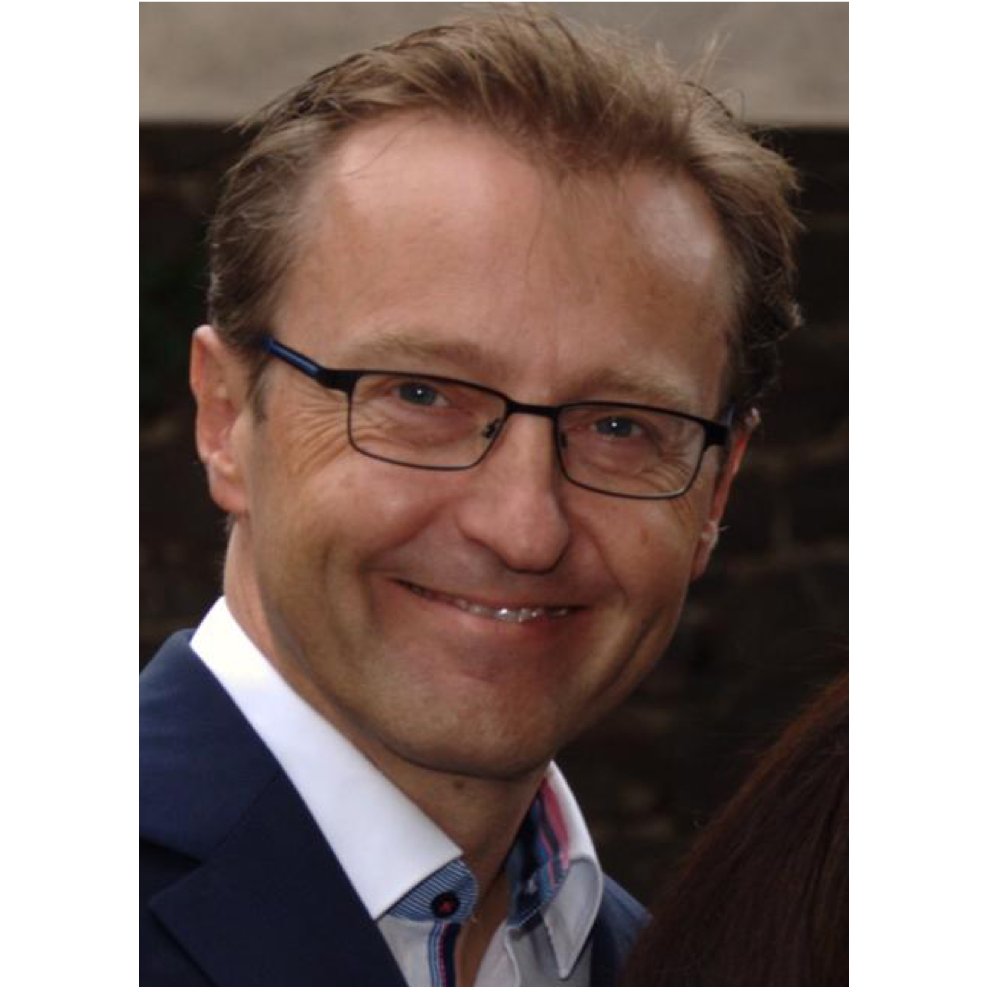
Multi-perspective Modelling Of Complex Concepts - The Case Of Olfactory History & Heritage
Presenter: Marieke Van Erp ✉
Abstract: The success of AI technologies on standardised benchmark datasets, invites us to move towards more difficult and more complex concepts and tasks. In this talk, I will argue that the humanities presents the perfect playground for investigating the recognition and modelling of complex concepts thanks to massive digitisation efforts that have made available large and varied datasets, in multiple modalities, in this domain. Specifically, I will highlight the complexities in modelling a concept such as smell, dealing with its representations in various media, and how the temporal dimension of historical and linguistic research forces us to deal with issues such as changing social norms and our colonial history. This will show the exciting possibilities of what we term Cultural AI.
Biography: Dr. Marieke van Erp is a Language Technology and Semantic Web expert engaged in interdisciplinary research. She holds a PhD in computational linguistics from Tilburg University and has worked on many projects involving cultural heritage partners. Since 2017, she has led the Digital Humanities Research Lab at the Royal Netherlands Academy of Arts and Sciences Humanities Cluster. She is one of the founders and scientific directors of the Cultural AI Lab, a collaboration between 8 research and cultural heritage institutions in the Netherlands aimed at the study, design and development of socio-technological AI systems that are aware of the subtle and subjective complexity of human culture.
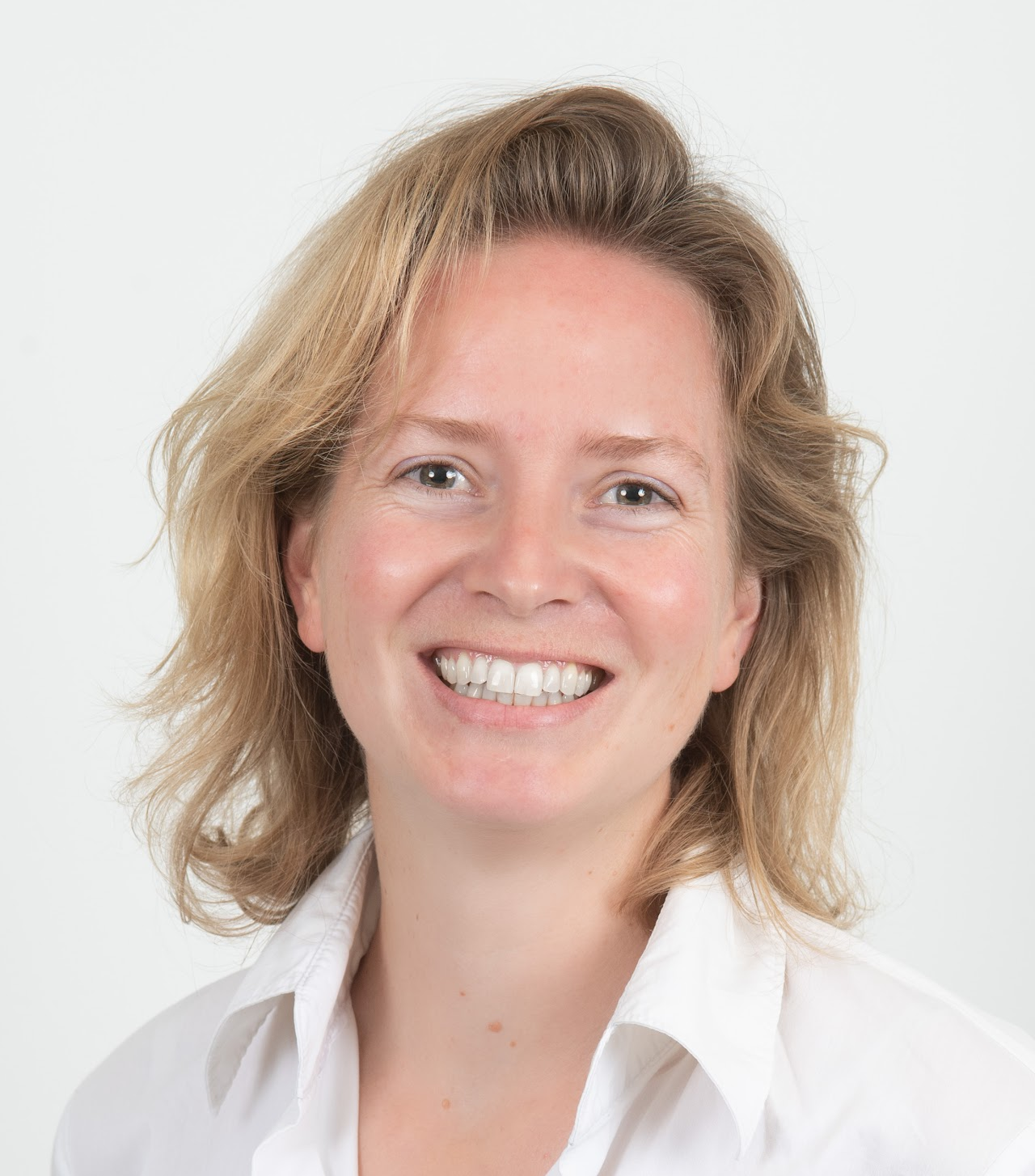
Successful Technology Transfer in Semantics & Knowledge Graphs
Presenter: Martin Kaltenböck ✉
Abstract: This talk will provide insights into successful and sustainable technology transfer between industry and academia co-ordinated by Semantic Web Company (SWC) of the last 15+ years. It will explain the basic concept and mechanisms of such successful technology transfer and provide concrete examples (of national and international research projects) of the added value gained for both: industry and academia in the course of this transfer approach. The audience will learn how the different objectives of industry and research stakeholders in research projects look like and can be mapped to successful joint visions. Some concrete technology examples will be presented that are today part of SWCs Semantic Middleware PoolParty Semantic Suite, used by more than 150 industry customers worldwide.
Biography: Martin Kaltenböck studied communication science, psychology and marketing at the University of Vienna. He is co-founder and managing partner of the Semantic Web Company and as CFO responsible for financial, legal and organisational issues. Furthermore he leads and works in several national and international research, industry and government projects - mainly in the areas of project management, requirements engineering and communication & community activities.
He is tutor and publishes in the fields of semantic data-, information & knowledge management, Linked (Open) Data and Knowledge Graphs. He is lecturer at national and international conferences and business events in the mentioned topics.
Martin is Certified Management Consultant since 2006, Member of the Advisory Council of the Open Knowledge (Foundation, UK) and invited expert of the governmental Cooperation OGD Austria. He is working as an invited expert of W3C and is a member of the Steering Board of the European Data Forum (EDF/ now: EBDVF) that he chaired in Athens in 2014. Furthermore Martin is Member of the permanent advisory board of SEMANTiCS (https://www.semantics.cc) conference series.
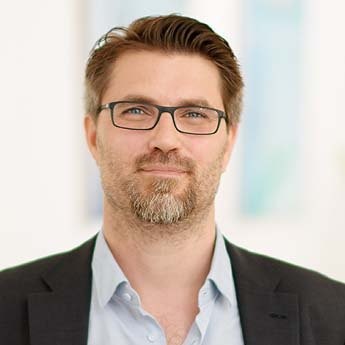
Explaining and Repairing Description Logic Ontologies
Presenter: Franz Baader ✉
Abstract: Description Logics (DLs) are a prominent family of logic-based knowledge representation formalisms, which offer a good compromise between expressiveness and the complexity of reasoning and are the formal basis for the Web ontology language OWL. Like all large human-made digital artefacts, ontologies may contain errors, and this problem gets even worse if parts of the ontology are automatically generated by inexact methods based on information retrieval or machine learning. Errors are often detected when reasoning finds an inconsistency or generates unintuitive consequences. It is then important for the ontology engineer to understand why such an unwanted consequence follows from the ontology, and to use this understanding to repair the ontology appropriately.
The classical approach for addressing this problem is to compute so-called justifications, i.e., minimal subsets of the ontology from which the consequence already follows. Since justifications are often much smaller than the whole ontology, the idea is then that it should be easy to see why the unwanted consequence follows from the justification. Using Reiter’s hitting set duality, one can also use justifications to compute classical repairs, i.e. maximal subsets of the ontology that do not have the unwanted consequence. However, this classical approach does not always work well in practice. Regarding understandability, justification may sometimes still be quite large, and even for fairly small justification, the reasoning needed to derive the consequence can get involved. Classical repairs are subsets of the given ontology, which makes this approach syntax-dependent, and such a repair may remove more consequences than necessary.
In the talk, I will first review the classical approach for ontology understanding and repair. Then, I will, on the one hand, describe our recent work on explaining DL reasoning using proofs in an appropriate calculus, as well as our interactive proof visualisations tool. On the other hand, I will given an overview of our results on computing optimal repairs for DL-based ontologies, where optimality means that a maximal amount of consequences (rather than just a maximal subset of the ontology) it preserved.
Biography: Franz Baader is full professor for Theoretical Computer Science at TU Dresden (Germany) since 2002 and director of the Institute for Theoretical Computer Science at TU Dresden since 2005. From 2012 to 2015 he was Dean of the Faculty of Computer Science of TU Dresden. He has received his doctoral degree (Dr.-Ing.) in Computer Science from the University of Erlangen Nürnberg in 1989, and from 1989 to 1993 was senior scientist and project leader at the Germany Research Center for Artificial Intelligence (DFKI) in Kaiserslautern and Saarbrücken. From 1993 to 2002 he was professor for Theoretical Computer Science at RWTH Aachen.
His main research area is Logic in Computer Science, and there in particular Automated Deduction and Knowledge Representation. He and his research group have worked on Description Logics for 30 years, and have laid the the logical and algorithmic foundations for the Description Logics underlying OWL and the OWL 2 profile OWL 2 EL. Franz Baader is co-editor of the highly-cited Description Logic Handbook and co-author of the first textbook on Description Logics, both published by Cambridge University Press. He has published more than 250 research articles in international conferences and journals. He is a fellow of the European Association for Artificial Intelligence (EurAI) since 2004 and a member of the Academia Europaea since 2011. In 2020 he received the prestigious Herbrand Award for Distinguished Contributions to Automated Reasoning.

Hybrid Intelligence
Presenter: Ilaria Tiddi ✉
Abstract: Hybrid Intelligence is an emerging field of research that combines human and artificial intelligent systems to create a more collaborative, interactive, and holistic notion of intelligence. In Hybrid Intelligence, the emphasis is on adaptive, collaborative, responsible, interactive and human-centered intelligent systems, that assist us, leverage our strengths and compensate for human weaknesses. This new field of study is being driven by rapid advances in Artificial Intelligence (AI), but it fundamentally necessitates collaboration and interaction with many other fields investigating human-AI interactions. In this talk, I will present the Hybrid Intelligence, its vision, current developments and challenges for future directions.
Biography: Ilaria Tiddi is an Assistant Professor in Hybrid Intelligence at the Knowledge in AI (KAI) group of the Vrije Universiteit of Amsterdam (NL). Her research focuses on creating systems that generate complex narratives through a combination of machine learning, semantic technologies, open data and cognitive theories, mostly applied in e-Science and robotics scenarios. She is Editor-in-Chief of the CEUR-WS publication series and Program Chair of the next Hybrid-Human Artificial Intelligence conference (HHAI2023). Since 2014, she has organized a number of workshop series (Recoding Black Mirror, Application of Semantic Web Technologies in Robotics, Linked Data 4 Knowledge Discovery) and was OC member of the major venues in the KR field (ISWC/ESWC, WWW, CIKM). https://kmitd.github.io/ilaria/
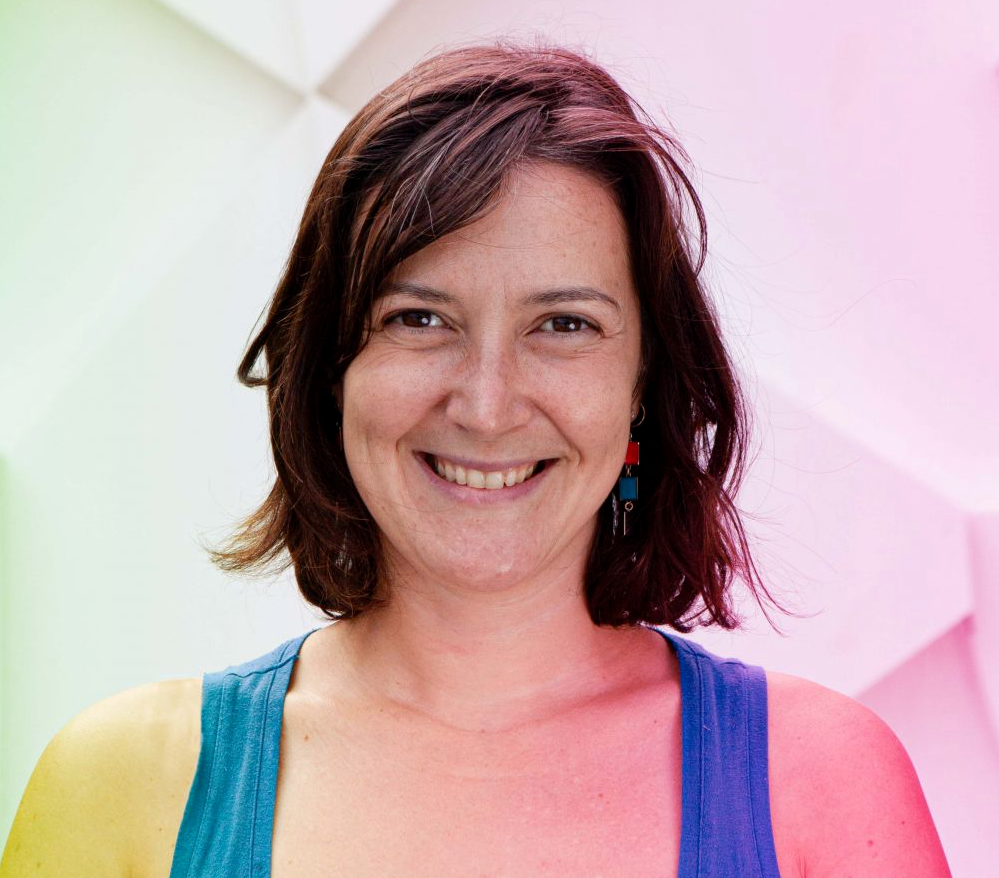
Scientific Event Management: Being Active in your Community
Presenter: Sabrina Kirrane ✉
Abstract: Early stage researchers spend a lot of time learning how to conduct research and fine tuning their academic writing skills. Researchers are often under pressure to publish their research findings in highly ranked and very competitive conferences and journals. However, who are the people behind these conferences and journals and why are some more competitive than others? In this talk, we will go behind the scenes in order to better understand: How conferences and journals function? What are the various roles and responsibilities? What does it mean to be part of a community? Why do so many people willing engage in unpaid community service? What steps can you take in order to become more active in your community?
Biography: Dr. Sabrina Kirrane is an assistant professor at the Vienna University of Economics and Business Institute for Information Systems and New Media. In addition, she is the Vice President of the Semantic Technology Institute International and the Founding Director of the Sustainable Computing Lab. She is also a member of the Vienna University of Economics and Business Research Institute for Cryptoeconomics. Dr. Kirrane was the Scientific/Technical Co-ordinator of the SPECIAL H2020 project from 2017 to 2019. Sabrina co-founded the Society, Privacy and the Semantic Web - Policy and Technology (PrivOn) workshop, which was co-located with the International Semantic Web Conference between 2013 and 2017. She is on the editorial board of the Journal of Web Semantics and the Semantic Web Journal. Over the years, she has also been on the organising committee of the International Semantic Web Conference (ISWC), the Extended Semantic Web Conference (ESWC), and the International Conference on Semantic Systems (Semantics). Her research primarily focuses on Security and Privacy aspects of the Semantic Web, Linked Data, Next Generation Internet (NGI), Big Data and Data Science, with a particular focus on policy representation and reasoning (e.g., access constraints, usage policies, regulatory obligations, societal norms, business processes), distributed data and decentralised applications, and trust and transparency mechanisms.
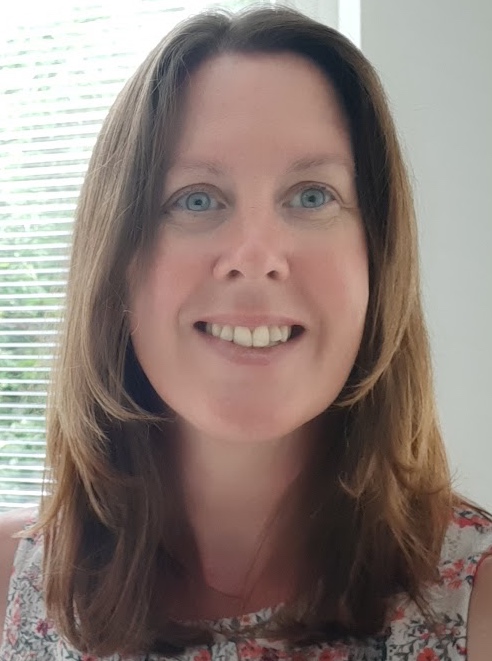
Knowledge Graphs and Information Retrieval
Presenter: Yannis Tzitzikas ✉
Abstract: Since the task of accessing Knowledge Graphs through structured query languages, like SPARQL, is rather demanding for ordinary users, there are various approaches that attempt to exploit the simpler and widely used keyword-based search paradigm. However, this task is challenging since there is no clear unit of retrieval and presentation, the user information needs are in most cases not clearly formulated, the underlying RDF datasets are in most cases incomplete, and there is not a single presentation method appropriate for all kinds of information needs. As a means to alleviate these problems, in this talk we will focus on how we can leverage the arsenal of techniques and systems from the area of Information Retrieval (IR) for offering IR services over Knowledge Graphs. Subsequently, we shall focus on an interactive approach for searching Knowledge Graphs that offers multiple presentation methods (perspectives) of the search results, allowing the user to easily switch between these perspectives and thus exploit the benefit that each such perspective offers. Finally, we shall show how keyword search can also benefit other tasks, like Question Answering, and we will showcase various related research prototypes.
Biography: Yannis Tzitzikas is Professor of Information Systems in the Computer Science Department at University of Crete (Greece) and Affiliated Researcher of the Information Systems Laboratory at FORTH-ICS (Greece). He studied at the University of Crete and he conducted post-doctoral research at (a) the University of Namur (Belgium), (b) ISTI-CNR (Pisa, Italy) and (c) VTT Technical Research Centre of Finland.
His expertise lies in Information Systems, specifically in Knowledge Management and Information Retrieval. His research focuses on semantic data integration, exploratory search, and digital preservation. He has coauthored 3 books and more than 180 papers in refereed journals and conferences (including ACM Computing Surveys, ACM Transactions on the Web, VLDB Journal, ACM Transactions on Information Systems, IEEE Transactions on Knowledge and Data Engineering, JIIS, JDAPD, ECIR, ISWC, EWSC), he has received four best paper awards (at CIA'2003, ISWC'07, MTSR'20 and ISWC'22) as well as other awards). He has supervised three PhDs, 26 MSc theses and more than 50 Diploma Theses. He actively participates το EU projects and participates to the scientific committees of several international conferences and journals.
Since 2005 he coordinates the Semantic Access and Retrieval group, and from 2019 also the Centre for Cultural Informatics of the Information Systems Laboratory of FORTH-ICS. He is the coordinator of the Clarity and Open Data Management Team of the University of Crete and he is member of the Executive Committee ERCIM (the European Research Consortium for Informatics and Mathematics).

Writing your First (European) Grant Proposal
Presenter: Axel Ngonga ✉
Abstract: You are done! Your PhD is completed and it is time to build up your own research group. Where will the resources come from? Welcome to the world of academic proposal writing. In this session, we will talk about the steps towards writing a successful proposal with a focus on EU proposals. We will go through portions of accepted grant proposals (including KnowGraphs') and compare those with rejected proposals. In the interactive portion of the session, you will be provided with the opportunity to formulate your first proposal and collect feedback from experienced proposal writers and coordinators.
Biography: Axel Ngonga is a professor at Paderborn University, where he heads the Data Science Group. He is also a director of the Joint Artificial Intelligence Institute Paderborn-Bielefeld and the coordinator of the KnowGraphs and LEMUR MSCA ITNs. Axel studied Computer Science in Leipzig. His PhD thesis was on knowledge-poor methods for the extraction of taxonomies from large text corpora. After completing his PhD in 2009, he wrote a Habilitation on link discovery with a focus on machine learning and runtime optimization. After leading the AKSW research group for four years, Axel went on to lead the DICE research group at Paderborn University. His research group focuses on foundational research on data-driven methods to improve the lifecycle of knowledge graphs. These include techniques for the extraction of knowledge graphs, the verification of their veracity, their integration and fusion, their use in machine learning, and their exploitation in user-facing applications such as question answering systems and chat bots. Axel has served in various functions at multiple international conferences, including ISWC, ESWC, WWW, AAAI, ECAI, and IJCAI. He is the grateful recipient of over 25 international research prizes, including a Next Einstein Fellowship and several best research paper awards. His group is funded by grants from the German Research Foundation, the German Ministry for Economic Affairs and Climate Action, the German Ministry of Education and Research, and the European Commission.
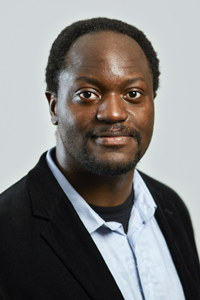
Making Natural Language Understanding interpretable with Knowledge Graphs
Presenter: Roberto Navigli ✉
Abstract: The advent of deep learning has revolutionized the way Natural Language Processing is performed, especially thanks to its success in carrying out all kinds of tasks that involve natural language, ranging from part-of-speech tagging to text generation and summarization. However, if we scratch beyond the surface level of fluent sequences of tokens, it is hard to ensure that mainstream Transformer-based architectures base their output on consistent semantics. In this talk I will present different approaches that exploit Knowledge Graphs with the goal of making Natural Language Understanding tasks more interpretable by humans, therefore going in the direction of connecting text to explicit meaning and, vice versa, using meaning to improve the way natural language is processed.
Biography: Roberto Navigli is Professor of Computer Science at the Sapienza University of Rome, where he leads the Sapienza NLP Group. He is one of the few researchers to have received two prestigious ERC grants in AI on multilingual word sense disambiguation (2011-2016) and multilingual language- and syntax-independent open-text unified representations (2017-2022). In 2015 he received the META prize for groundbreaking work in overcoming language barriers with BabelNet, a project also highlighted in The Guardian and Time magazine, and winner of the Artificial Intelligence Journal prominent paper award 2017. He is the co-founder of Babelscape, a successful company which enables Natural Language Understanding in dozens of languages. He served as Associate Editor of the Artificial Intelligence Journal (2013-2020) and Program Chair of ACL-IJCNLP 2021.
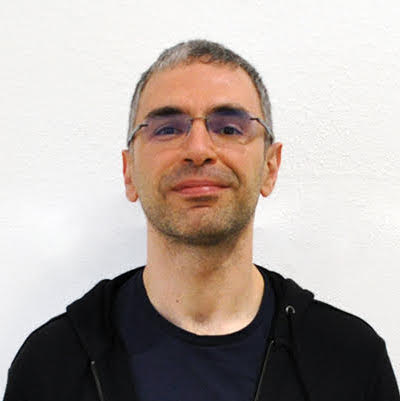
Logistics
Address
Wirtschaftsuniversität Wien, WU Vienna University of Economics and Business Welthandelsplatz 1, 1020 Vienna, Austria
The event will be held in the "Clubraum", which is on the 2nd floor of the LC Building. Please see the campus map for an exact location: https://campus.wu.ac.at/?campus=1&q=Clubraum.
Arrival by public transportation
Campus WU is located between the two U2 subway stations Messe-Prater and Krieau. Bus line 82A (Krieau) and tram line 1 (Prater Hauptallee) also stop close to Campus WU.
Arrival by car
The underground parking garage is located under the main boulevard running through the campus. The entrance to the garage is on Trabrennstrasse. The garage has 411 parking places; 180 places are for short-term parking, the rest are reserved for long-term pass holders. There are four exits to the campus from the garage. All exits lead to the outside, so that visitors can enter all campus buildings from their main entrances on the ground floor.
Arrival by plane
If you are traveling to Vienna by plane, you will probably arrive at Vienna International Airport in Schwechat. To get from Vienna International Airport, located outside the city limits, to the city center, you can take the City Airport Train (CAT), the Airport Express bus, the Schnellbahn (S-Bahn), the Vienna Airport Service or a taxi.
Hotels nearby
BASSENA Wien Messe Prater
Messestraße 2, 1020 Wien
Motel One Wien-Prater
Ausstellungstraße 40, 1020 Wien
Courtyard Marriott Wien Messe
Trabrennstraße 4, 1020 Wien
Schedule
All times are in CET.
Day 1
Sabrina Kirrane
Steffen Staab
Marieke Van Erp
Martin Kaltenböck
Day 2
Sabrina Kirrane
Franz Baader
Ilaria Tiddi
Sabrina Kirrane
Day 3
Sabrina Kirrane
Roberto Navigli
Yannis Tzitzikas
Axel Ngonga
Participation
If you are interested in participating in the Winter School, we have a limited number of spaces available for PhD students who are not part of the Knowgraphs project. Please contact sabrina.kirrane@wu.ac.at by the 17th of February 2023 in order to find out if spaces are still available and what are the registration prerequisites.